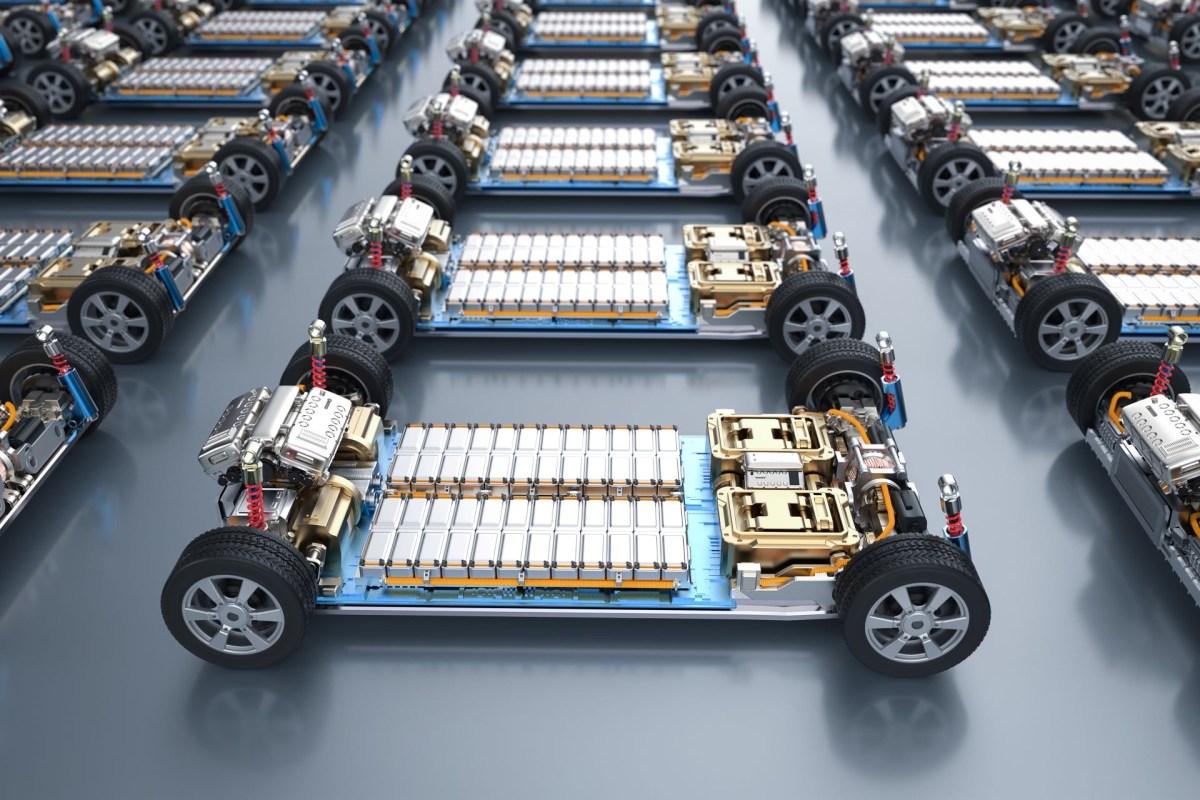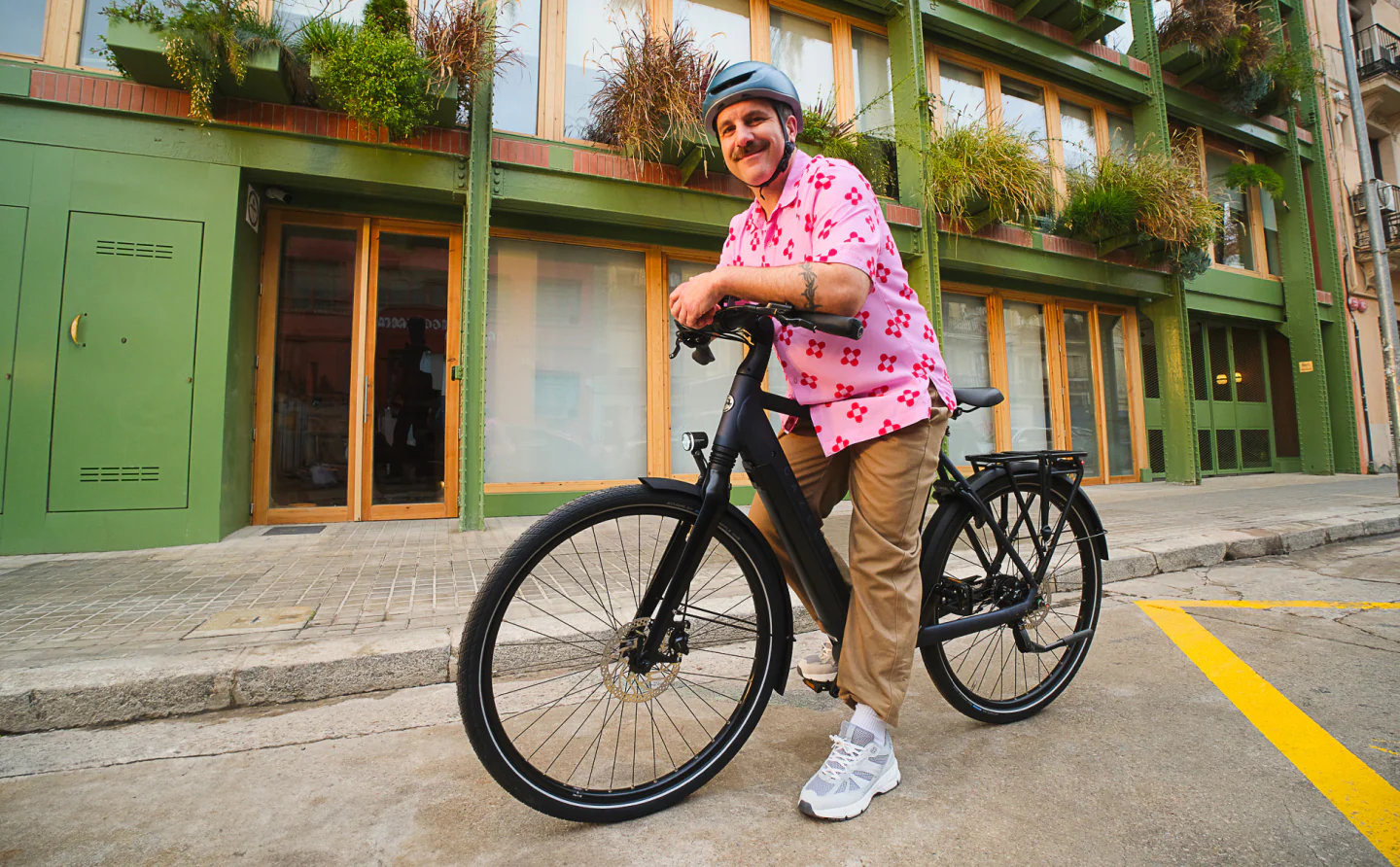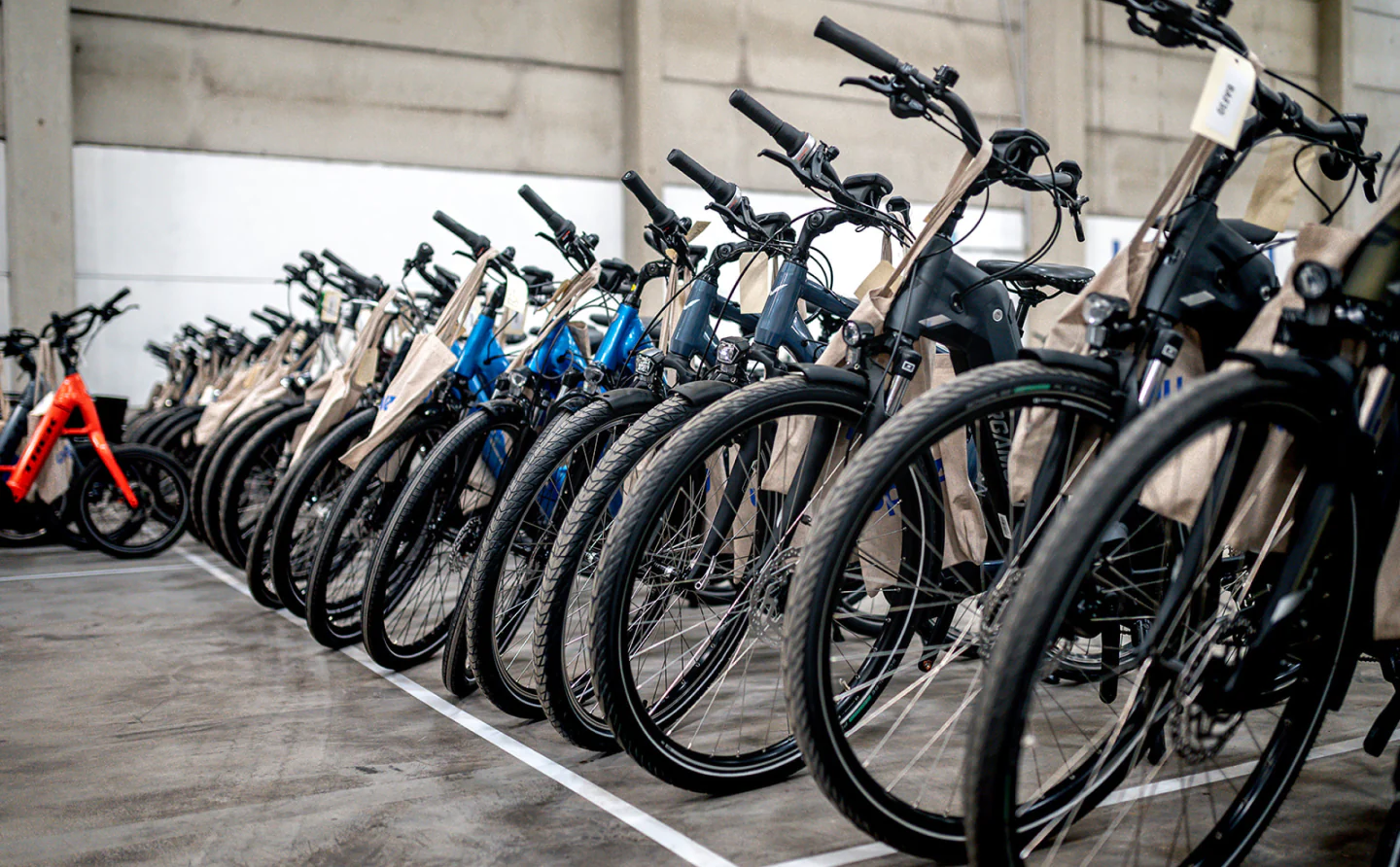Big news in the world of car batteries: Researchers have discovered how to increase battery storage tenfold — perfect timing for the increasingly booming electric vehicle (EV) industry.
Scientists at Pohang University of Science & Technology (POSTECH) found a way to multiply the energy storage of a battery by ten to create the ideal EV battery.
The part of a battery that stores power when charging and releases it during battery use is called the anode. Currently, most modern lithium batteries use an anode made of graphite.
Other materials, like silicon, have a higher energy capacity and would make more efficient batteries — but until now, researchers have been unable to create a stable battery with a silicon anode. This is because the reactions inside the battery cause the silicon to expand dangerously.
Professors Soojin Park and Youn Soo Kim of POSTECH, together with Professor Jaegeon Ryu of Sogang University, led a research team that solved this riddle. They created a binding material that will keep a high-capacity silicon anode from expanding, creating a stable lithium battery with at least ten times the capacity of one that uses a traditional graphite anode.
The POSTECH team is one of several working on advancing the world's battery technology.
A Chinese company has produced an EV battery that uses cheap, abundant sodium instead of expensive lithium, and NASA is developing an improved solid-state battery that is smaller and lighter than traditional lithium ones. Another researcher is even creating biodegradable batteries from crab shells.
All of these advances make it easier to switch to non-polluting power sources because the most efficient clean energy types, like wind and solar, need batteries to work.
Burning fuel such as gasoline or coal produces energy on demand, but solar and wind only work when the weather allows. Providers need a way to store energy when the conditions are right so they can continue to offer it at night or when the wind dies down.
Meanwhile, EVs need to carry their power supply with them, so the more energy their batteries can hold, the further they can go — making their ranges competitive with gas-powered cars.
TCD Picks » Upway Spotlight

Professor Park summed up the discovery and the impact it could have in an announcement on the POSTECH website.
"The research holds the potential to significantly increase the energy density of lithium-ion batteries through the incorporation of high-capacity anode materials, thereby extending the driving range of electric vehicles," he said. "Silicon-based anode materials could potentially increase the driving range at least tenfold."
Join our free newsletter for weekly updates on the coolest innovations improving our lives and saving our planet.














